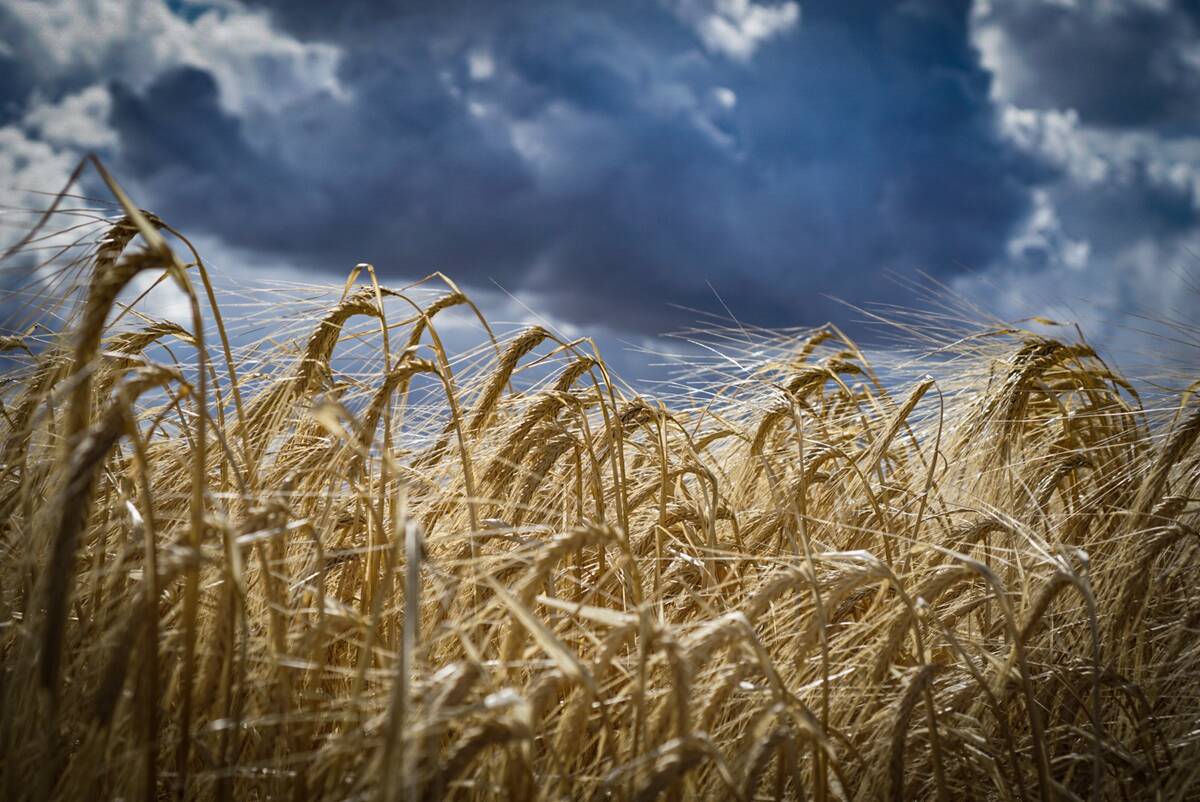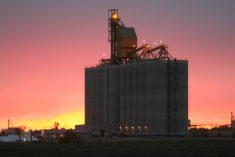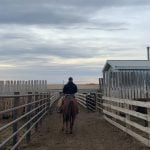The Conservative government’s acknowledgement of agriculture in the throne speech launching the new Parliament was sparse but specific.
“Our government will continue to support Canada’s farmers by ensuring freedom of choice for grain marketing in Western Canada and strongly supporting our supply managed sectors at home and in international negotiations,” governor general Michaelle Jean read Nov. 19.
Farm and political reaction was swift.
Supply managed sector leaders quickly lauded the Conservatives as their new best friends.
“This strong statement is particularly encouraging in light of recent reports that a ministerial-level meeting may be called by the World Trade Organization in December to again attempt to reach agreement on a new world trade deal,” said a statement from the dairy, poultry and egg sectors governed by supply management.
Read Also

Malting barley exporters target Mexican market
Canada’s barley sector is setting its sights on the Mexican market to help mop up some of the lost demand from China
They took it as a promise that supply management pillars of tariff protection, cost-of-production related pricing and production controls will “remain intact following negotiations.”
Supporters of an end to the CWB monopoly welcomed the throne speech commitment to end it, although the reference to grain marketing left some confusion.
Rookie Conservative MP Randy Hoback, a former chair of the anti-monopoly Western Canadian Wheat Growers’ Association, said he saw it as a promise to go beyond the government commitment to end the barley monopoly.
“It says grain and that is much broader than barley,” Hoback said.
But agriculture minister Gerry Ritz said Nov. 21 the promise applies only to barley, adding, “we have not looked beyond that.”
Meanwhile, the Canadian Federation of Agriculture said it was disappointed there was so little reference to agriculture in the government’s plan for the next Parliament.
CFA vice-president Ron Bonnett said farmers wanted more detail on the government’s promise of a four year, $500 million agricultural programming flexibility fund and a two-percent cut in the diesel excise tax.
“There are concerns that because of the general belt-tightening announced, these promises could be set aside or delayed,” said Bonnett. “We will want to work with the government to make sure that is not the case.”
The speech also promised continued support for biofuel production and enhanced food safety rules and funding, including a previously announced investigation into the listeriosis crisis last summer that killed 20 people who ate meat from a Maple Leaf Food plant in Toronto.
The lack of agricultural content also drew criticism from one of the Conservative government’s provincial allies.
Saskatchewan premier Brad Wall said he was disappointed.
“I said when I was in Ottawa if there was going to be help for a particular sector, the auto sector for example, we have a sector in our province, the cattle industry, that has been under a lot of stress for a couple of years now and really since post-BSE,” he told reporters in Regina.
“And so I know the minister of agriculture is raising that. I’ve asked him to raise it with his national counterpart and if there’s going to be sector bailouts, I think a very compelling need is the cattle sector in Western Canada and across the country.”














